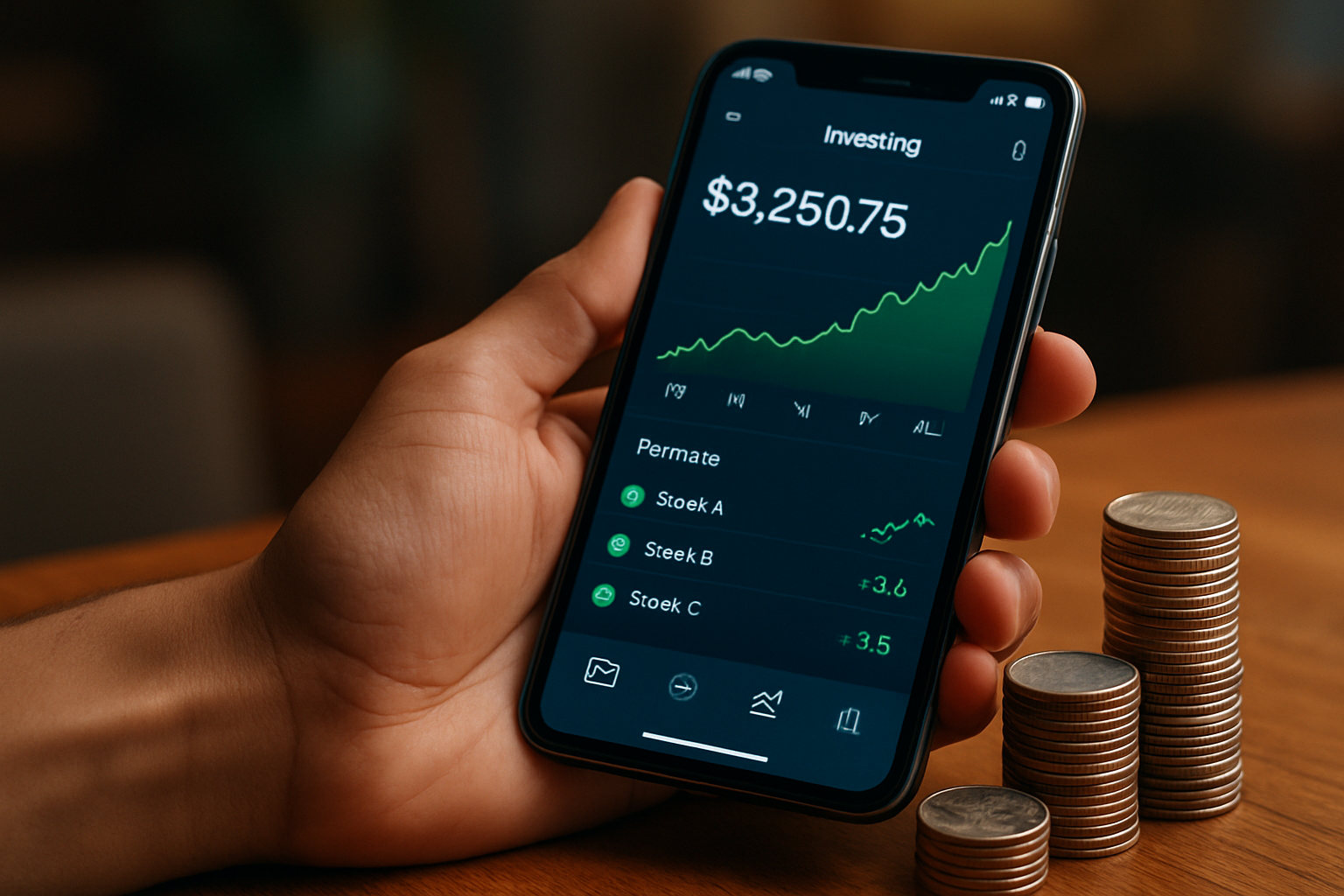Conscious Consumerism: Redefining Shopping in the Age of Awareness
The modern shopper is no longer just a passive consumer but an active participant in shaping societal norms through purchasing decisions. This shift towards conscious consumerism is revolutionizing the retail landscape, forcing brands to adapt and redefine their values. From sustainable practices to ethical sourcing, the choices we make at the checkout are increasingly reflective of our personal beliefs and societal concerns. Read below to explore how this trend is reshaping our economy and culture.

The 1970s marked the beginning of environmental consciousness, with events like the first Earth Day in 1970 sparking public interest in eco-friendly products. The 1980s and 90s saw the rise of cause-related marketing, where companies aligned themselves with social issues to appeal to socially conscious consumers. This period also witnessed the growth of fair trade and organic movements, laying the groundwork for today’s conscious consumerism.
The Rise of the Ethical Consumer
Today’s conscious consumers are more informed and discerning than ever before. They seek out products and brands that align with their values, whether those relate to environmental sustainability, social justice, or animal welfare. This shift is driven by several factors, including increased access to information through digital platforms, growing awareness of global issues, and a desire to make a positive impact through everyday choices.
Research shows that millennials and Gen Z, in particular, are at the forefront of this movement. A 2021 study by First Insight found that 73% of Gen Z consumers are willing to pay more for sustainable products, compared to 68% of millennials. This demographic is also more likely to research a company’s practices before making a purchase, using tools like social media and third-party certification programs to verify claims of sustainability and ethical practices.
The Impact on Business Practices
The rise of conscious consumerism has forced businesses to reevaluate their practices and prioritize transparency. Many companies are now adopting sustainable production methods, improving supply chain ethics, and communicating their values more clearly to consumers. This shift is not just about marketing; it’s about fundamental changes in how businesses operate.
For example, the fashion industry, long criticized for its environmental impact and labor practices, is seeing a surge in sustainable and ethical brands. Companies are exploring innovative materials, implementing circular economy models, and ensuring fair wages throughout their supply chains. Similarly, the food industry is responding to consumer demand for organic, locally sourced, and ethically produced products, leading to changes in farming practices and supply chain management.
The Role of Technology in Empowering Conscious Consumers
Technology plays a crucial role in facilitating conscious consumerism. Mobile apps and websites now allow consumers to quickly access information about a product’s origins, environmental impact, and the company’s ethical practices. Blockchain technology is being used to increase supply chain transparency, allowing consumers to trace the journey of products from source to shelf.
Social media platforms have become powerful tools for consumers to share information, call out unethical practices, and organize boycotts. This digital activism has led to rapid responses from companies, often resulting in policy changes or improved practices. The speed and reach of these platforms have significantly increased the power of consumer voices in shaping corporate behavior.
Challenges and Criticisms
While conscious consumerism has gained momentum, it is not without its challenges and critics. One major concern is the potential for greenwashing, where companies make misleading claims about their environmental or ethical practices to appeal to conscious consumers. This has led to increased scrutiny and calls for more rigorous standards and third-party certifications.
Another criticism is that conscious consumerism places too much responsibility on individual choices, potentially distracting from the need for systemic change and policy interventions. Critics argue that while individual choices matter, addressing global issues like climate change and social inequality requires collective action and policy changes at a governmental level.
There’s also the question of accessibility. Sustainable and ethically produced goods often come with a higher price tag, making them less accessible to lower-income consumers. This raises concerns about creating a two-tiered system where ethical consumption becomes a luxury rather than a universal practice.
The Future of Conscious Consumerism
As we look to the future, conscious consumerism is likely to become increasingly mainstream. Gen Z, the most values-driven consumer group yet, is entering the workforce and gaining more purchasing power. Their preferences are expected to further drive demand for sustainable and ethical products.
Technological advancements will continue to play a crucial role. Innovations in materials science, such as lab-grown leather and recycled fabrics, are making sustainable options more viable. Artificial intelligence and big data analytics are helping companies optimize their supply chains for both efficiency and sustainability.
The COVID-19 pandemic has also accelerated certain trends within conscious consumerism. The crisis has heightened awareness of global interconnectedness and the fragility of supply chains, leading to increased interest in local and resilient production systems.
In conclusion, conscious consumerism represents a significant shift in how we think about shopping and its impact on the world. While challenges remain, the trend towards more ethical and sustainable consumption is reshaping industries and forcing a reevaluation of business practices. As consumers become more aware and empowered, their choices will continue to be a driving force for positive change in the global marketplace.






